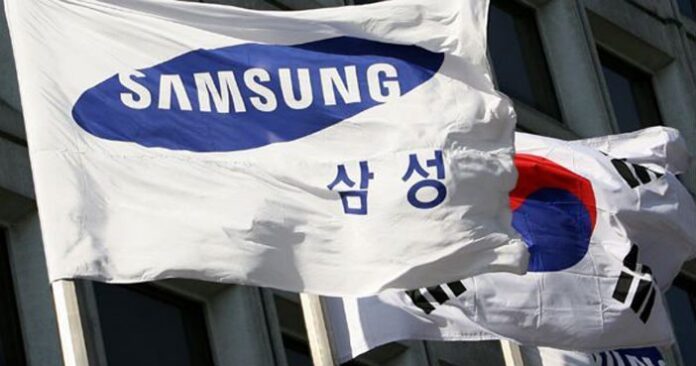Company is on track to replace Intel as world’s largest chipmaker
The world’s leading smartphone vendor had a very strong second quarter, but smartphones were not the biggest contributor to Samsung’s bottom line. Operating profit for Samsung’s semiconductor business was almost double that at its mobile division. Overall operating profit for the company surged 72% year-on-year to $12 billion. Samsung’s semiconductor unit accounted for the bulk of the company’s profits, contributing more than $7 billion to the total.
Mobile devices remain the biggest contributor to Samsung’s revenue, which swelled to $54 billion in Q2, up almost 20% year-on-year. The mobile division, which includes wireless infrastructure, reported $26 billion in Q2 sales, helped by strong sales of the Galaxy S8. The new flagship has been a good performer for Samsung, despite the quality control issues that affected its predecessor, the Galaxy S7.
Samsung’s semiconductor business contributed $15 billion to Q2 revenue, display panels $7 billion, and consumer electronics almost $10 billion. The sum of the sales numbers from each segment is higher than the company’s total sales number because of intersegment sales.
Higher component prices hurt profitability for Samsung’s mobile division and for some parts of its consumer electronics business, including TVs. But as a manufacturer of chips, Samsung also benefits from higher component prices.
Samsung is now on track to replace Intel as the world’s largest chipmaker. The company has reported almost $30 billion in semiconductor sales year-to-date, based on current exchange rates. Intel reported $14.8 billion in sales for the first quarter, and analysts are not expecting the chip giant to surpass that number when it reports its second quarter results, scheduled for Thursday after the U.S. markets close.
Samsung also surpassed Apple this quarter in terms of overall profitability, but Apple’s profits from smartphone sales far exceed Samsung’s. The smartphone rivalry between the two companies led to patent infringement lawsuits which probably played a role in Apple’s decision to stop sourcing iPhone chips from Samsung. Recently, a key executive from Samsung’s chip business visited Apple’s Cupertino headquarters, igniting speculation that Samsung is set to win back Apple’s business.
For Samsung’s customers and investors, the Q2 report should provide reassurance that Samsung is capable of continuing to prosper even without day-to-day involvement of its chairman, Jay Y. Lee. Lee, grandson of Samsung’s founder, has served time in a South Korean prison this year. He is currently on trial for allegedly bribing South Korea’s former president in order to win approval for an internal merger which consolidated the Samsung chaebol under his control. So far, there has reportedly been very little hard evidence presented against Lee.
Follow me on Twitter.

